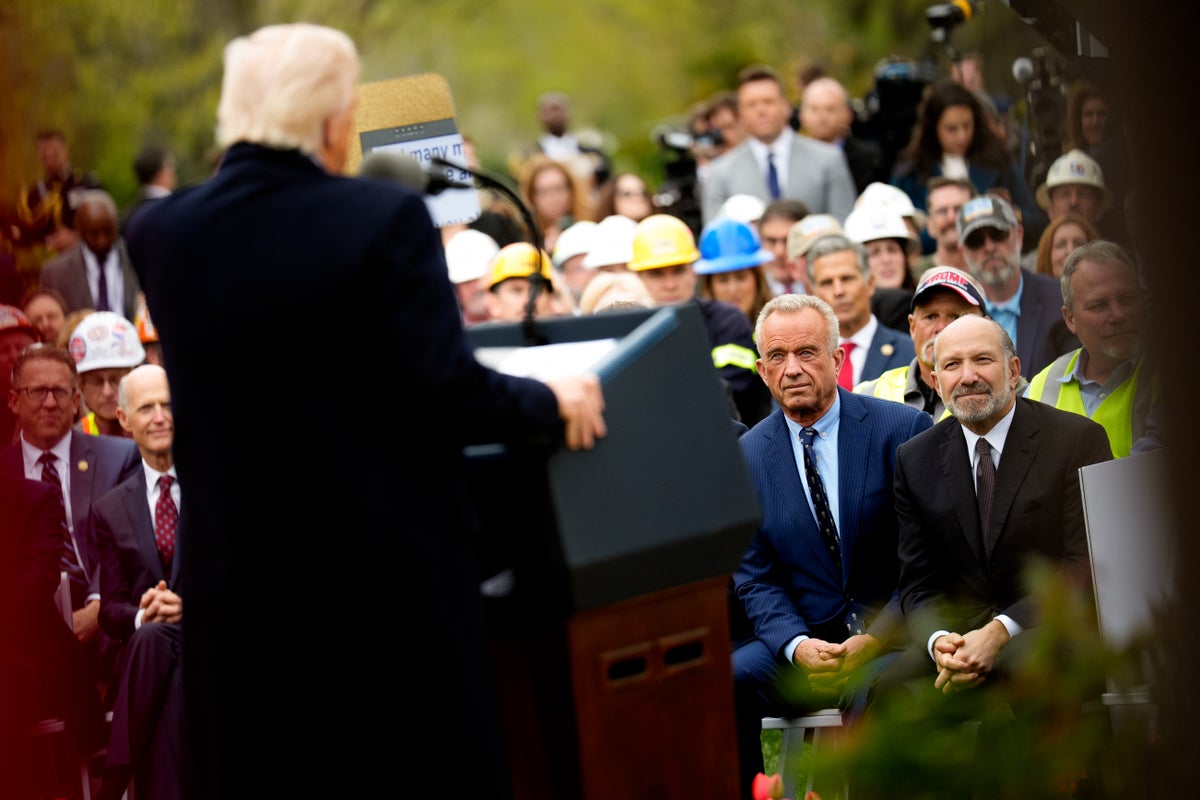
Business Leaders Warn Trump's Tariffs Could Spark Economic Downturn
In a move that has generated widespread concern among business leaders and economists alike, former President Donald Trump's proposal to impose new tariffs has met with significant criticism. This shift in policy has fueled fears that the tariffs could lead the country towards an economic downturn. Advocates for free trade argue that the repercussions could cascade across various industry sectors, creating a ripple effect that could hurt businesses and consumers alike.
Understanding the Tariff Proposal
The core of Trump's proposal rests on imposing tariffs on imported goods, a strategy aimed at protecting domestic industries by making foreign products more expensive. While the theory behind tariffs is to encourage consumers to buy domestically produced goods, the reality is often far more complex.
Tariffs tend to lead to increased costs for businesses that import raw materials or products, a burden often passed on to consumers in the form of higher prices. Given the interconnectedness of today's global supply chains, tariffs can disrupt business operations, lead to inefficiencies, and spike inflationary pressures.
Economic Experts Sound the Alarm
Economists are raising concerns regarding the potential consequences of implementing high tariffs. The increase in production costs could lead to a rise in retail prices, affecting consumer purchasing power and overall demand. Economic theory posits that less demand can result in slower economic growth, a sentiment echoed by numerous financial analysts.
Paul Krugman, a renowned economist and Nobel Laureate, has been particularly vocal about this subject. He argues that tariffs are a double-edged sword that tend to backfire by inviting retaliatory measures from trading partners. This could lead to a trade war scenario, where each side imposes escalating tariffs, further disrupting global trade.
Business Leaders' Growing Concerns
Top executives from various industries are vocalizing their apprehensions regarding Trump's tariff plans. Leaders across sectors such as manufacturing, retail, and technology have issued warnings about the adverse impacts these tariffs could have on the American economy.
Catherine Smith, CEO of a major manufacturing corporation, expressed her worries at a recent economic conference. She highlighted the potential for increased operational costs and supply chain disruptions. According to Smith, "Tariffs will not only affect businesses directly but will trickle down to consumers. This isn't just a statistic—it's a reality businesses need to prepare for."
Potential Impact on Small Businesses
While large corporations often have the resources to navigate tariff challenges, small businesses are particularly vulnerable. Many of these smaller enterprises rely on imported goods for their inventory, with little room to absorb extra costs. The possibility of tariffs adding to their expenses could force them to increase prices, potentially resulting in lost sales and profit margins.
Steve Carlson, who runs a family-owned business importing specialty foods, speculated that additional tariffs could "eradicate" his entire profit margin. His situation reflects the challenges faced by many similar businesses trying to compete in an already difficult economic climate.
Political Implications and the Global Stage
The discussion surrounding tariffs is not happening in a vacuum. The global political landscape is fraught with complexity, and Trump's decision could have geopolitical repercussions. Critics argue that the imposition of tariffs undermines international trade agreements and could damage relations with key allies.
In the context of rising tensions between major economies, tariffs could strain diplomatic ties with countries whose sectors are directly impacted. Retaliation is a possibility, and it could lead to further disputes on the international stage, making negotiations more complex and trade less predictable.
Consumer Impact and Price Fluctuations
Ultimately, consumers are often the ones who bear the brunt of economic policy changes. Should Trump's tariffs be enacted, they will likely see increased prices on everyday goods. Basic necessities such as foodstuffs, electronics, and clothing could all see price hikes as businesses adjust prices to cover import taxes.
Consumer advocacy groups have spoken out about the potential for tariffs to disproportionately affect low-income consumers, who already struggle with the current cost of living. As Anna Rodriguez, a spokesperson for a consumer rights organization noted, "Rising prices due to tariffs would hit those who can least afford it. It would widen existing financial disparities."
Conclusion: Navigating the Path Ahead
As the debate around tariffs continues, the business community finds itself at a crossroads. While the aim of protecting American industries is commendable, business leaders and economists argue that tariffs might not be the answer. Instead, they advocate for diplomatic solutions and policies that foster open trade and innovation.
In conclusion, Trump's tariff proposal has sparked a critical dialogue regarding the future of the U.S. economy. As stakeholders from various quarters weigh in, the administration's next steps will be closely watched, and their consequences will likely reverberate through the economic landscape for years to come.


